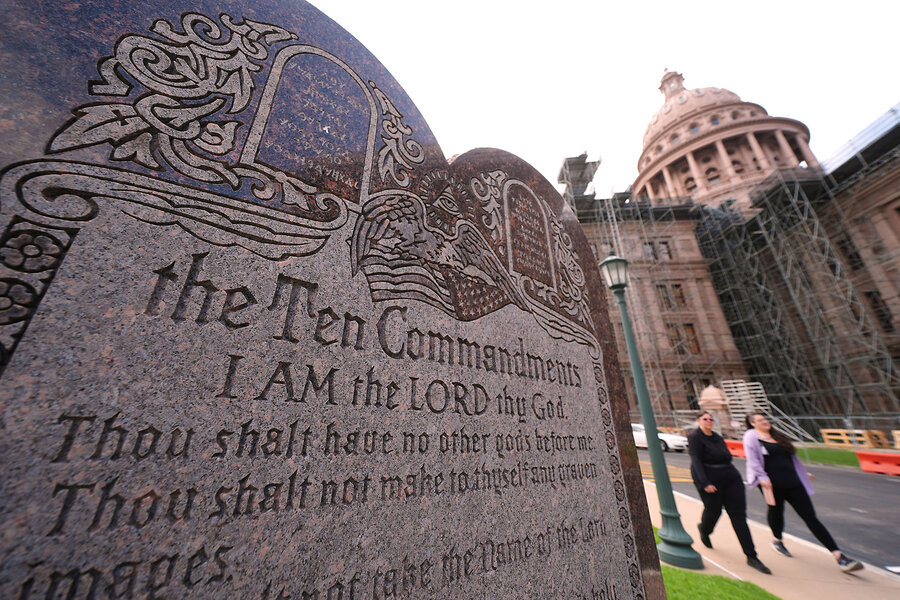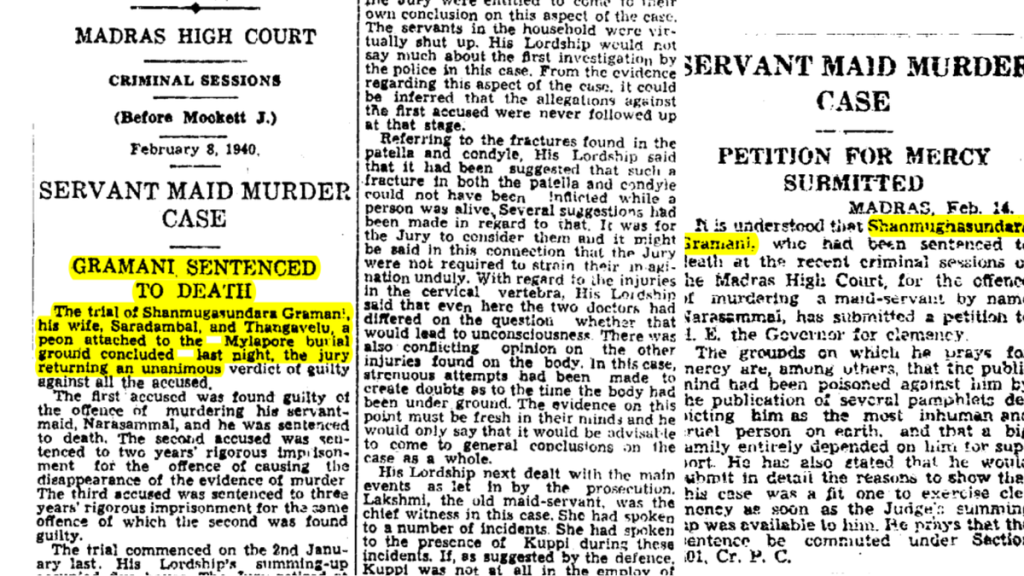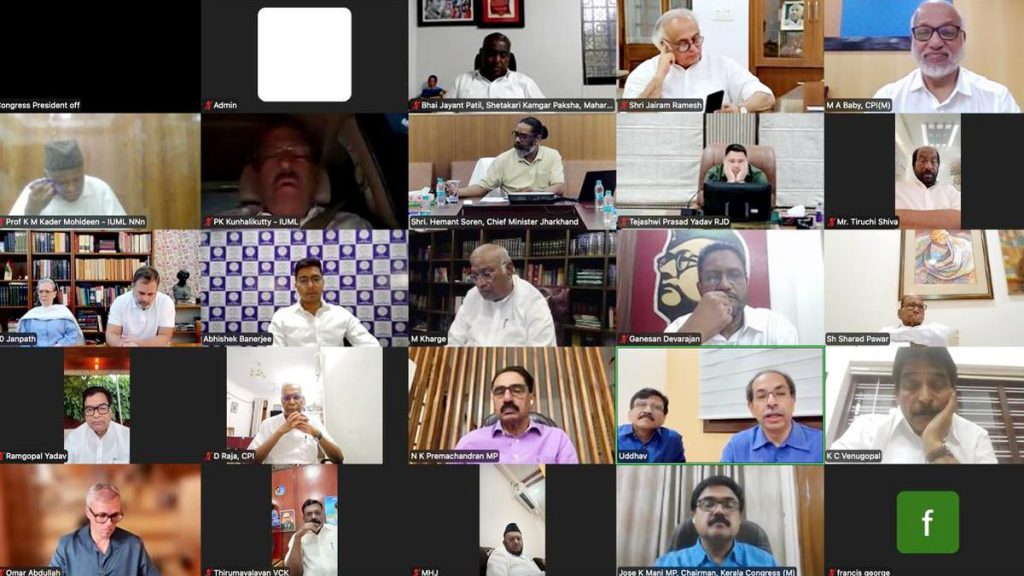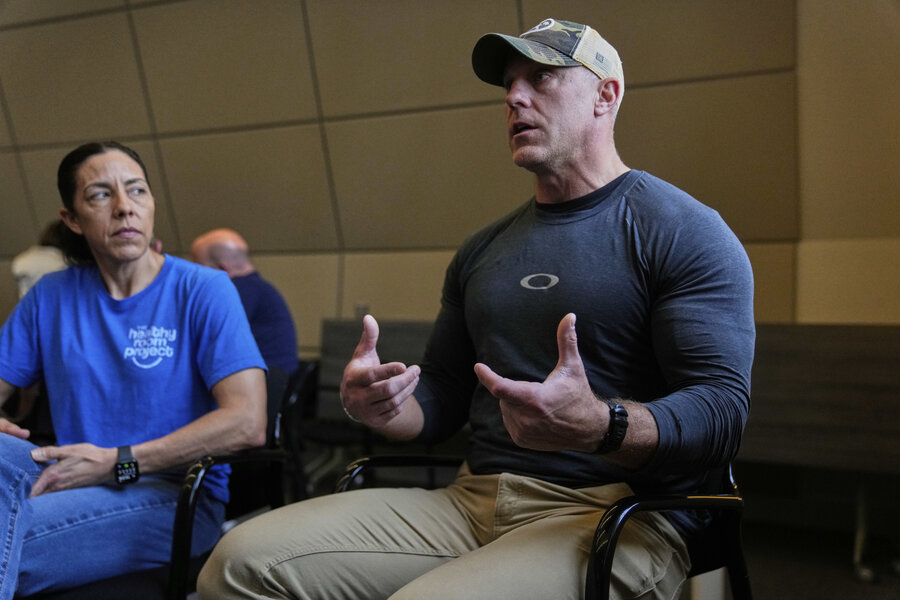Now Reading: Texas Mandates Ten Commandments in Schools, Sparks Legal Battle
-
01
Texas Mandates Ten Commandments in Schools, Sparks Legal Battle
Texas Mandates Ten Commandments in Schools, Sparks Legal Battle

Rapid Summary
- Texas Governor Greg Abbott signed a law mandating public school classrooms display the Ten Commandments.
- The measure passed through texas’s Republican-controlled legislature and is expected to face legal challenges.
- Critics argue the law violates the constitutional separation of church and state, promoting Christianity over other religions.
- Supporters claim Christianity shaped the nation’s ancient foundations and is integral to understanding U.S.law and moral conduct.
- The law requires classrooms display a 16-inch-by-20-inch visible copy of the commandments in a conspicuous location, resembling language from the King James Bible.
- Previous rulings, including a 1980 Supreme Court decision, deemed similar mandates unconstitutional under the establishment clause, but recent trends at SCOTUS have favored increased religious presence in public spaces.
- Additional measures signed by Governor Abbott include optional prayer periods during school hours, further intertwining religion with education policy in Texas schools.
Indian Opinion Analysis
The decision by Texas lawmakers to mandate displaying Christian biblical texts in public school classrooms taps into wider debates on religion’s role within state functions. International observers will note that this progress occurs amidst increasing litigation about church-state boundaries across America. For India-a secular democracy-such events may spark contemplations about balancing diverse religious identities within public institutions.
In a highly pluralistic society like India where multiple faiths coexist peacefully alongside non-religious perspectives, embedding any one belief system within government operations could risk alienating other groups or creating interfaith resentments. This raises critical questions about constitutional guarantees surrounding freedom of religion versus personal liberty for citizens.
From an educational viewpoint, policymakers should weigh how such laws could impact inclusivity for students of varied backgrounds-a concern echoed across nations navigating similar dilemmas between tradition and modernity. While cultural heritage plays an undeniable role alongside national identity-building narratives worldwide-including India-any entrenching policies must carefully tread preserving neutrality without disproportionately uplifting selective ideologies institutionally over others.

























